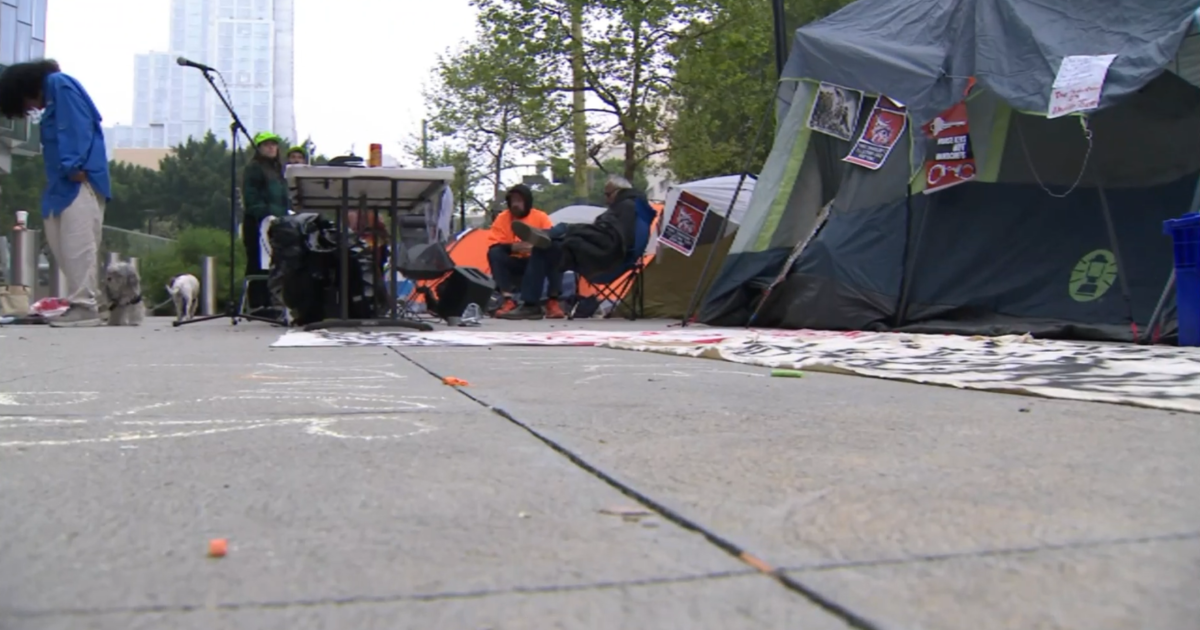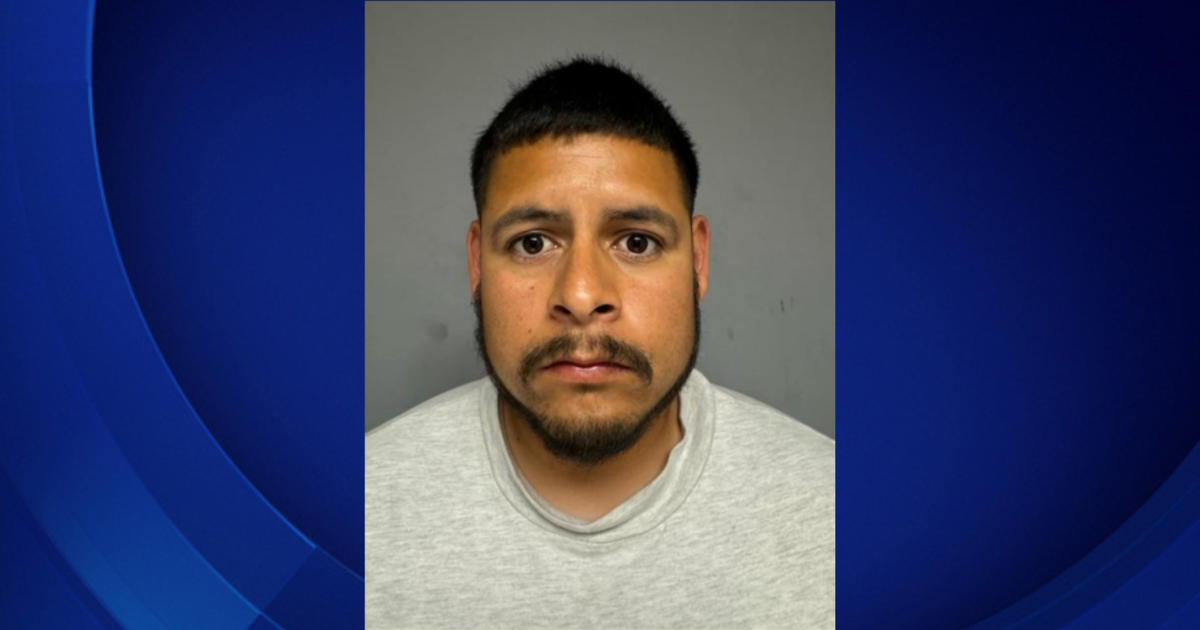Hundreds Gather In Solidarity For 4th Annual Victims' Rights March
SANTA ANA (CBS) — Hundreds of crime victims and their friends and family turned out for the fourth annual victims' rights march in Santa Ana Friday.
The keynote speaker was Alisa, who did not want her last name disclosed, whose videotaped sexual assault at the hands of three teenage boys shocked Orange County and Southern California residents. One of the defendants was the son of an assistant sheriff at the time.
It was the first time the victim, who was 16 years old at the time of her July 2002 assault, has discussed the attack publicly. Alisa is studying criminal justice and is working as a victims' advocate for Project Sister. She said she has overcome years of agony as she leaned on drugs and alcohol.
"Ten years ago I became a victim, but today I am a survivor," Alisa said. "But I didn't become a survivor overnight."
Alisa's attackers, Gregory Haidl, son of businessman and former Assistant Sheriff Don Haidl, Kyle Nachreiner and Keith Spann were convicted and sentenced in 2006 to six years in prison. They have all since served three and a half years and been released, but must continue registering as sex offenders.
"My trust in anyone was gone," after she was videotaped on a pool table as the three boys sexually assaulted her, Alisa said.
"The girl I had been was non-existent. My goals and desires for life were lost... There even was a point I wanted to die."
As she turned to drugs and alcohol to dull the pain, Alisa said she "took a walk with the devil," before she found her "inner strength" and decided to be a survivor, instead of a victim.
"It was when I made this decision that I realized I had my family and God and that was enough," Alisa said. "I was no longer going to let my past determine my future."
Telling her story in public has felt like a "huge weight" has been lifted off her shoulders, she told reporters after the rally.
"It's been a crazy, rocky road," said Alisa, who stressed that "it's going to be a healing process for the rest of my life."
She decided to speak publicly about her ordeal, which included two grueling trials, because "Now, 10 years later I'm not ashamed anymore."
She choked up as she spoke about the large crowd of victims and their loved ones.
"It brings tears to my eyes to see all this support," she said.
Donna Bjoin, the sister of Katherine O'Connell Mordick, who was murdered by her estranged husband, William Mordick, in 1983, stressed patience in her speech to the audience.
"If you're new on this path, be patient. It can be really slow, but the system works," Bjoin said.
Bjoin waited 25 years for technology to advance enough so prosecutors could tie Mordick to the slaying through DNA evidence. Like the Haidl trial, Mordick's first trial ended with a hung jury and Bjoin had to go through a second trial to get justice last year.
"We always believed that someday, somehow, someone would fix this," Bjoin said.
Orange County District Attorney Tony Rackauckas used the occasion to promote his efforts to have more cities adopt ordinances that ban sex offenders from public parks and to campaign against the initiative on the June ballot to abolish the death penalty in California.
Since last year, a dozen cities have adopted ordinances banning registered sex offenders from public parks, Rackauckas said.
"Some critics have stated that this is only a `feel good' law, as if we should feel bad about protecting children from being harmed by sex offenders," Rackauckas said. "They don't get it. The greatest aspect of this law is that we will never have statistical proof to show how many children did not get harmed as a result of our law. But, at the end of the day, isn't that the ultimate goal?"
Rackauckas also criticized the effort to ban the death penalty.
Proponents have argued it would save the state tens of millions of dollars annually.
"The opponents of the death penalty are well-funded and determined. Their only rationale for protecting the most heinous murderers is that it costs too much money, as if we can put a price on justice," Rackauckas said. "They are dishonest in their accounting, of course, since life without the possibility of parole is almost as expensive."
Rackauckas warned that the opponents of the death penalty would then turn toward repealing life without parole sentences.
"I hope you will join the California District Attorneys' Association and me in making sure that Californians are not duped into passing that initiative," Rackauckas said.
(©2012 CBS Local Media, a division of CBS Radio Inc. All Rights Reserved. This material may not be published, broadcast, rewritten, or redistributed. Wire services contributed to this report.)



